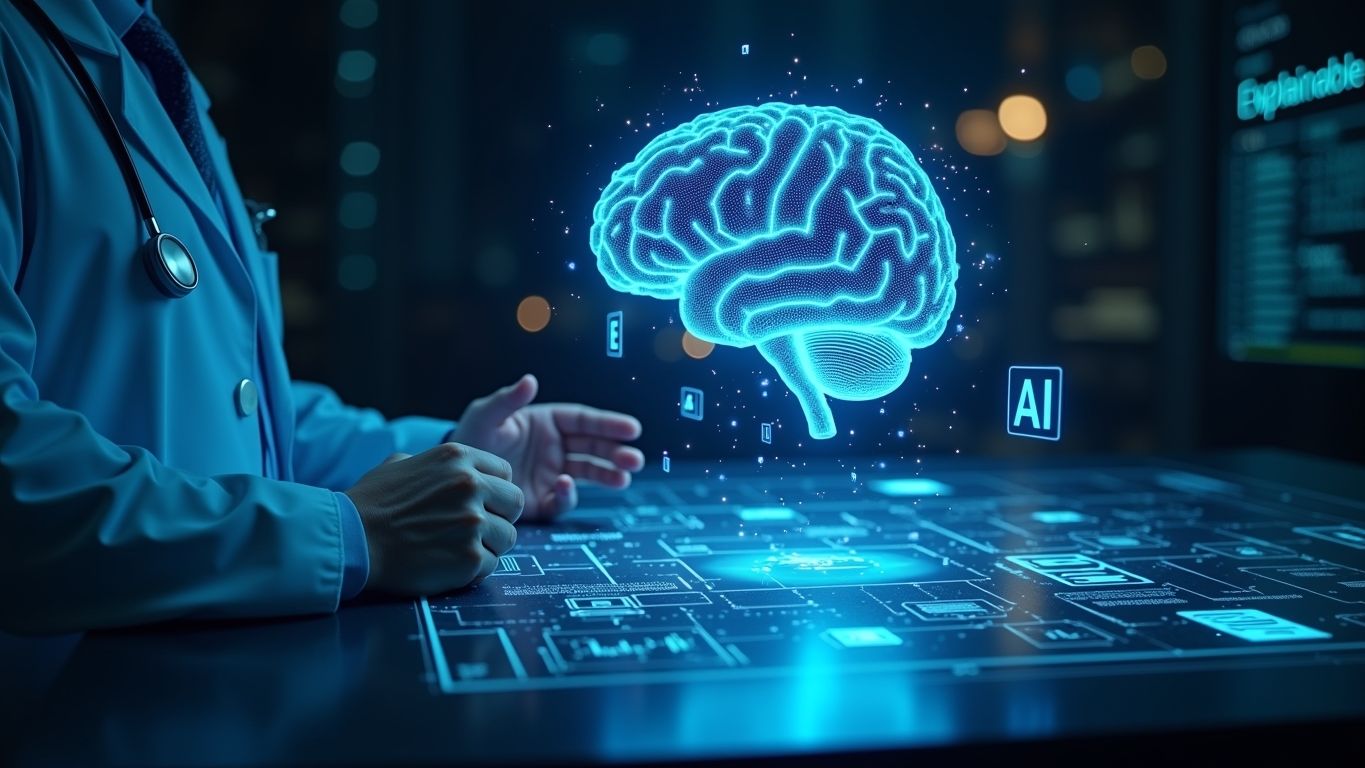Beyond the Hype: 3 Real-World Examples of AI Improving Healthcare Today
Jul 07, 2025
While much of the AI conversation still revolves around ChatGPT, digital art, and tech speculation, a quieter revolution is underway — and it’s happening inside hospitals, clinics, and logistics centers.
In July 2025 alone, three major AI breakthroughs made global headlines — not for what they promised, but for what they delivered:
-
Microsoft’s AI surpassed doctors in diagnostic accuracy.
-
The UK’s NHS deployed AI to prevent real-time patient safety risks.
-
Amazon introduced an offline AI model to enhance its robot fleet — with ripple effects for healthcare delivery.
This blog breaks down what each of these advances means, and why they mark the beginning of a new era in AI-driven healthcare — one rooted in precision, prevention, and ethical progress.
AI Is Quietly Revolutionizing Healthcare — One System at a Time
In just a matter of days, three powerful signals confirmed a global shift: Artificial Intelligence is no longer experimental in healthcare — it’s operational.
From automated hospitals to superhuman diagnostic tools, AI is transforming how we prevent risks, detect illnesses, and deliver care. Let’s explore three major milestones from July 2025 that show this transformation in motion.
Microsoft’s AI Diagnoses Better Than Doctors — But It’s Not a Replacement
Microsoft introduced the AI Diagnostic Orchestrator, powered by OpenAI’s o3 model, and tested it on 304 complex medical cases.
The results?
-
85.5% accuracy in diagnosis by AI
-
Only 20% accuracy by human doctors under the same test conditions
This marks a stunning leap in medical decision support, especially for rare or multifactorial conditions. The AI model isn’t just retrieving knowledge — it’s interpreting symptoms across data layers faster than any clinician could.
“It doesn’t sleep, it doesn’t guess. But it also doesn’t feel.”
That’s the paradox health experts are raising.
Despite the performance, the medical community urges caution: empathy, ethical judgment, and patient communication still belong to human professionals. The best results, they argue, will come from collaboration between AI and physicians — not competition.
NHS Rolls Out AI to Predict Patient Safety Risks in Real Time
In the UK, the National Health Service (NHS) is now using AI to actively monitor hospital data and detect early warning signs of safety incidents.
We're talking about:
-
Stillbirth risks
-
Undocumented injuries
-
Treatment delays
-
Clinical miscommunication
The AI system scans trends and flags abnormalities before they escalate — giving medical teams time to intervene.
This approach is less about replacing medical staff and more about empowering them with foresight. It brings AI into the very fabric of hospital safety governance.
Smartphone Becomes Medical Scanner
A new AI platform turns any smartphone into a medical diagnostic tool—capable of monitoring wound healing, detecting early signs of mental health conditions, estimating biological age, and tracking moles for melanoma. Beta launch is expected in 2026.
Final Thoughts: Not the Future — the Now
These are not prototypes. These systems are in motion.
-
AI is helping prevent harm (NHS)
-
AI is enhancing clinical decisions (Microsoft)
-
AI is quietly shaping infrastructure (Amazon)
Healthcare is changing from the inside out — not with hype, but with highly specific, operationally embedded intelligence.
The challenge now? Ensuring that this technology stays ethical, inclusive, and human-centered at every step.
Sources:
Stay connected with news and updates!
Join our mailing list to receive the latest news and updates from our team.

